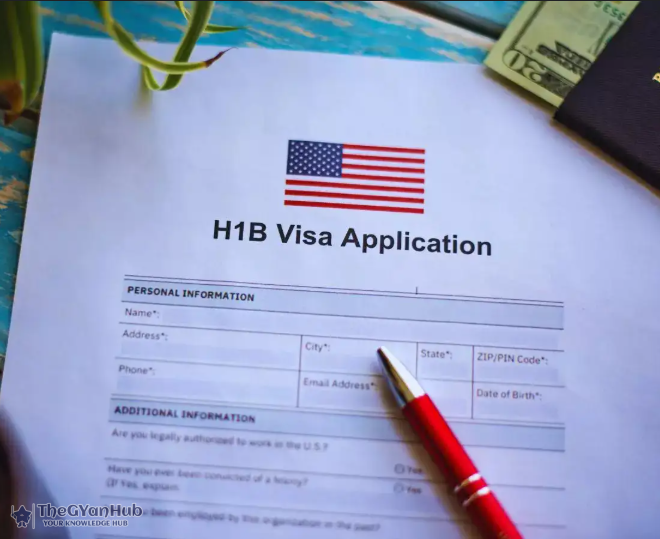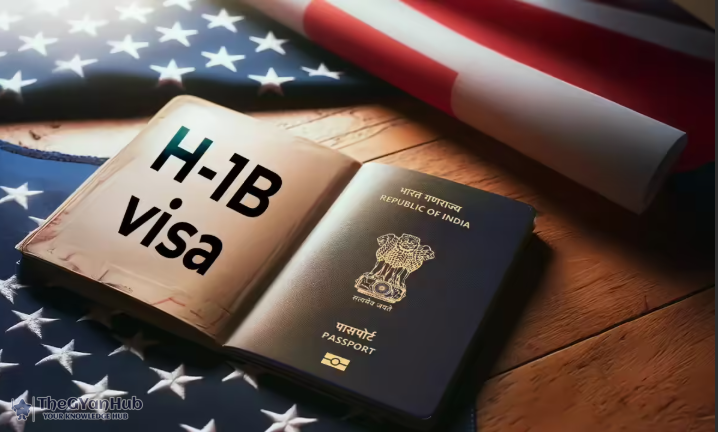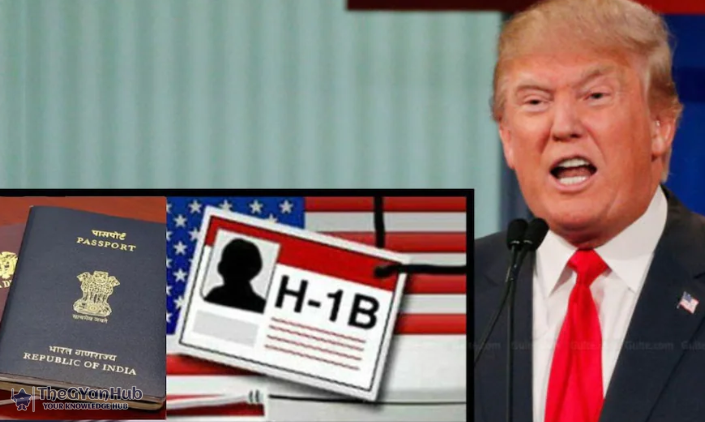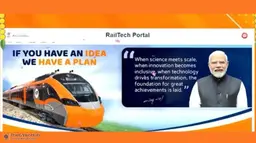I’m a passionate writer who loves exploring ideas, sharing stories, and connecting with readers through meaningful content.I’m dedicated to sharing insights and stories that make readers think, feel, and discover something new.
Introduction
The recent announcement from the Trump administration regarding changes to the H-1B visa policy has sent ripples through the global tech industry. Indian tech giants, including Tata Consultancy Services (TCS), Infosys, and Wipro, are now facing a new set of challenges as they navigate the implications of these policy changes.
Impact on Indian Tech Firms
Indian tech firms have long relied on the H-1B visa program to bring skilled workers to the United States, a critical market for their services. The new policy changes are expected to tighten the eligibility criteria, making it more difficult for companies to secure visas for their employees. This could lead to increased operational costs and potential disruptions in service delivery.

Challenges Ahead
With the revised visa rules, Indian tech companies might need to explore alternative strategies, such as increasing local hiring in the US or investing in automation to offset the potential talent shortage. These strategies, however, come with their own set of challenges, including higher costs and the need for significant investment in training and development.
Responses from Industry Leaders
Industry leaders have expressed concerns over the potential impact of the H-1B visa changes. A spokesperson from TCS stated, "We are closely monitoring the situation and evaluating our options to ensure minimal disruption to our operations." Similarly, Infosys has indicated plans to increase its hiring efforts within the US to mitigate the impact of the policy changes.

Government and Industry Collaboration
There is a growing call for collaboration between the Indian government and industry stakeholders to address the challenges posed by the new visa policies. By working together, they aim to develop strategies that will protect the interests of Indian tech firms while ensuring compliance with US regulations.
Conclusion
As the situation unfolds, Indian tech companies are bracing for a period of uncertainty. The changes to the H-1B visa policy represent a significant shift in the landscape of international tech employment, and firms will need to adapt quickly to maintain their competitive edge.
Further Reading
Related articles in this category

Bill Clinton Testifies: 'I Saw Nothing, Did Nothing Wrong' in Epstein Files
February 27, 2026
In a recent deposition, former President Bill Clinton asserted his innocence regarding the Epstein files, stating, 'I saw nothing, and I did nothing wrong.' This statement has sparked discussions and debates across various platforms.

WhatsApp Expands Advertising Horizons with Promoted Channels and Status Ads
February 27, 2026
WhatsApp is enhancing its monetization strategy by introducing promoted channels and status ads globally, aiming to provide businesses with new avenues for engagement. This move marks a significant shift in how users will interact with content on the platform.

Tired of AI in Search? Discover How DuckDuckGo Can Offer You Respite
February 27, 2026
If you're feeling overwhelmed by AI-driven search results, DuckDuckGo provides a refreshing alternative. This article explores how DuckDuckGo prioritizes user privacy and delivers straightforward search results.






